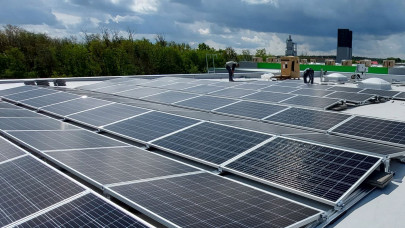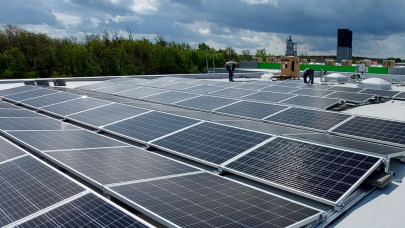It also phases out free allowances to companies from 2026 until 2034 and creates a separate new ETS II for fuel for road transport and buildings that will put a price on GHG emissions from these sectors in 2027 (or 2028 if energy prices are exceptionally high).
Parliament also voted to include, for the first time, GHG emissions from the maritime sector in the ETS (500 votes to 131 and 11 abstentions) and agreed to the revision of the ETS for aviation (463 votes to 117 and 64 abstentions). This will phase out the free allowances to the aviation sector by 2026 and promote the use of sustainable aviation fuels.
With 487 votes to 81 and 75 abstentions, Parliament adopted the rules for the new EU Carbon Border Adjustment Mechanism (CBAM), which aims to incentivize non-EU countries to increase their climate ambition and to ensure that EU and global climate efforts are not undermined by production being relocated from the EU to countries with less ambitious policies.
The goods covered by CBAM are iron, steel, cement, aluminum, fertilizers, electricity, hydrogen as well as indirect emissions under certain conditions. Importers of these goods would have to pay any price difference between the carbon price paid in the country of production and the price of carbon allowances in the EU ETS.
The CBAM will be phased in from 2026 until 2034 at the same speed as the free allowances in the EU ETS are being phased out.
The deal with member states to set up an EU Social Climate Fund (SCF) in 2026 to ensure that the climate transition will be fair and socially inclusive was adopted with 521 votes to 75 and 43 abstentions. Vulnerable households, micro-enterprises, and transport users who are particularly affected by energy and transport poverty will benefit from this. When fully in place, the SCF will be funded by auctioning ETS II allowances up to an amount of €65 billion, with an additional 25% covered by national resources (amounting to an estimated total of €86,7 billion).
The texts now also have to be formally endorsed by Council. They will then be published in the EU Official Journal and enter into force 20 days later.
In adopting these pieces of legislation, Parliament is responding to the expectations of citizens for the EU to accomplish and speed up the green transition as expressed in Proposals 3(1), 3(8), 3(9), 11(1) and 11(7), of the conclusions of the Conference on the Future of Europe.














